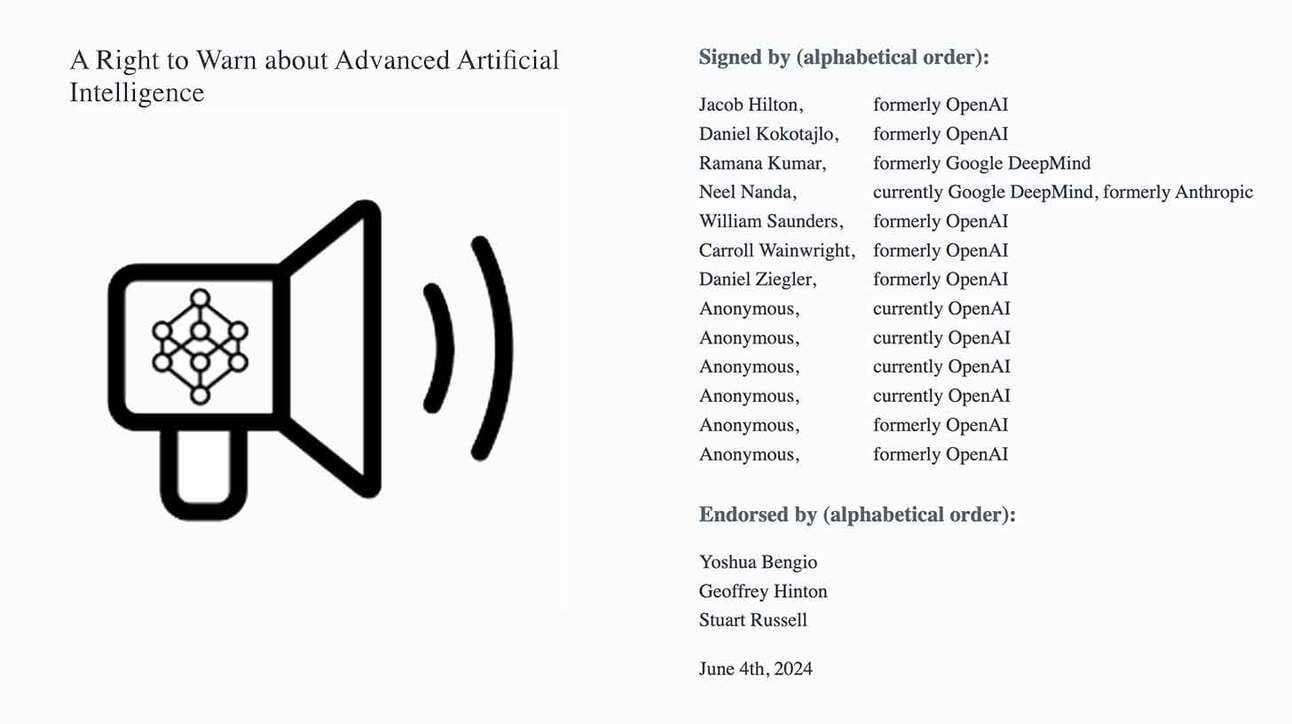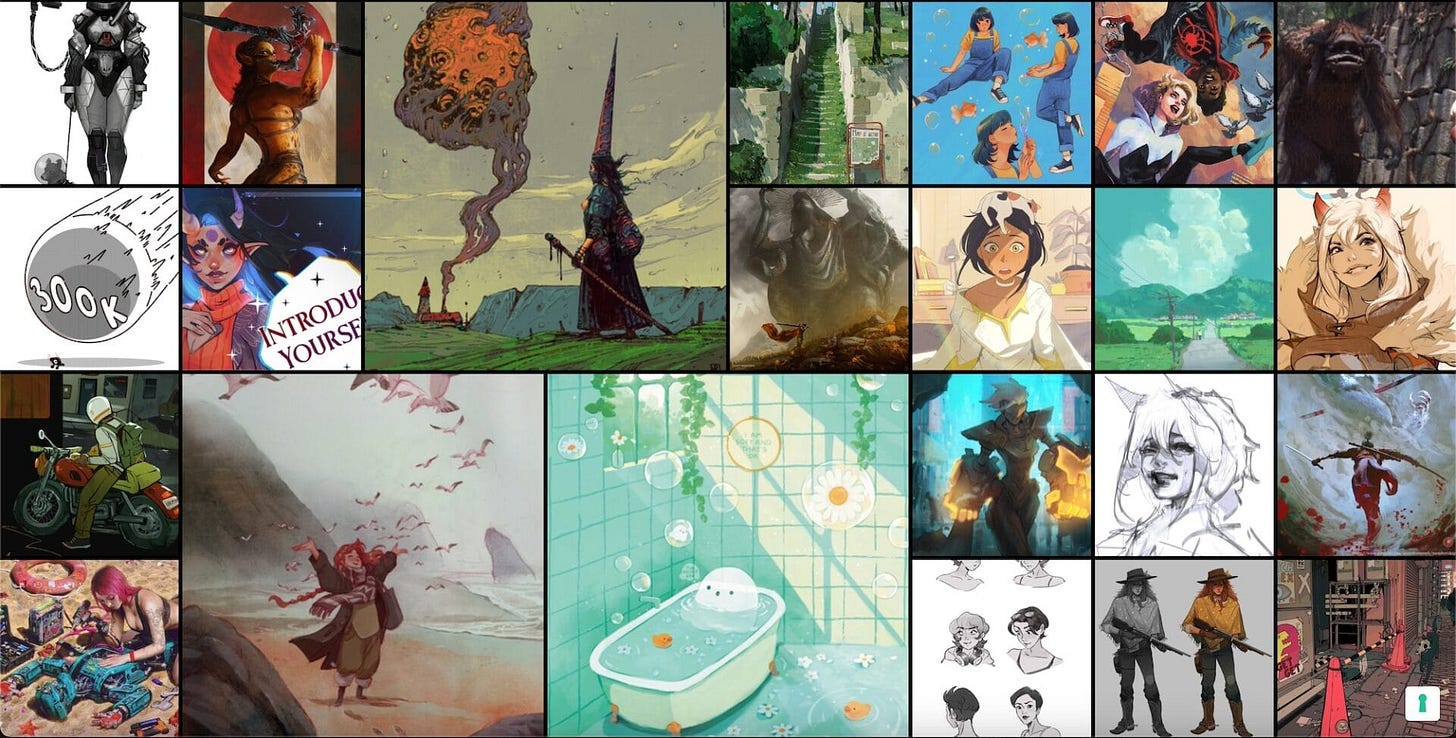AI is a False God, Protect the Whistleblowers, Stanford Copies China
A mix of interesting articles and apps in the AI space.
Morning y’all!
We’re halfway through the week and I’m still reeling from the fact that we’re in June! Where is the time going my friends?! It feels like just a few weeks ago since we started out the year.
But, here we are. And we’ve got a few interesting articles to read and review. Have a great rest of your day!
※\(^o^)/※
— Summer
Oh. Narrow use cases, slow adoption, costly implementations. All true. So what?
Is AI a “false god”? I never thought it was a god in the first place.
We are living in a time where truth is unstable, shifting, constantly in contestation. Think of the embrace of conspiracy theories, the rise of the anti-vax movement, or the mainstreaming of racist pseudoscience. Every age has its great loss—for modernism, it was the coherence of the self; for postmodernism, the stability of master narratives—and now, in the twenty-first century, there is an increasing pressure on the notion of a shared vision of reality. Meanwhile, social figures, from politicians to celebrities to public intellectuals, seem to be subject, more than ever, to the pull of fame, ideological blinkers, and plainly untrue ideas.
That’s heavy thinking about a topic that doesn't need that much attention. That’s my hot take on it.
Current and former employees from OpenAI, Anthropic, and DeepMind just shared their thoughts in an open letter about whistleblower protections in AI. Probably a reasonable thought but will be difficult to put into practice. Thus the cat and mouse game begins with regulation.
Former OpenAI researcher Leopold Aschenbrenner shared some thoughts on AGI and the rate of progress. An interesting point is his thoughts on economic and military advantages.
Whoops: Stanford University AI team apologized after it was revealed that Llama 3-V was nearly identical to Chinese ModelBest open source model. LOL.
a16z still sees a future pathway to voice agents and that AI will accelerate this need and adoption curve.
Cara is an AI-skeptical artist portfolio app and it’s growing fast.
Cara, a new AI-skeptical artist portfolio app, has surged to hundreds of thousands of users. It provides a platform for artists to share their work while preventing AI-generated content.
Developed by photographer Jingna Zhang and a small team, Cara integrates Glaze, a tool from the University of Chicago's SAND Lab, to protect original art from being used in AI training. Over the weekend, the app's user base skyrocketed to over 300,000, propelling it into the Top 5 in Apple's U.S. App Store, despite growing pains in scaling its servers.
Deepshot lets you use AI to reshoot and lip sync videos.
Not precisely our problem:
Hoffman is more sanguine. “The game is afoot, and we all want to make sure the right things come out of it for humanity,” he replies. “I think it’s very early, and anybody who thinks they know the right shape for policy right now is either deluding themselves or deluding you,” he adds. “We have to learn it together.”
But maybe these ultra wealthy will figure it all out for us?
And finally a fun overview of how ChatGPT is magic! I really like this guys YouTube videos and is totally worth a subscribe.










